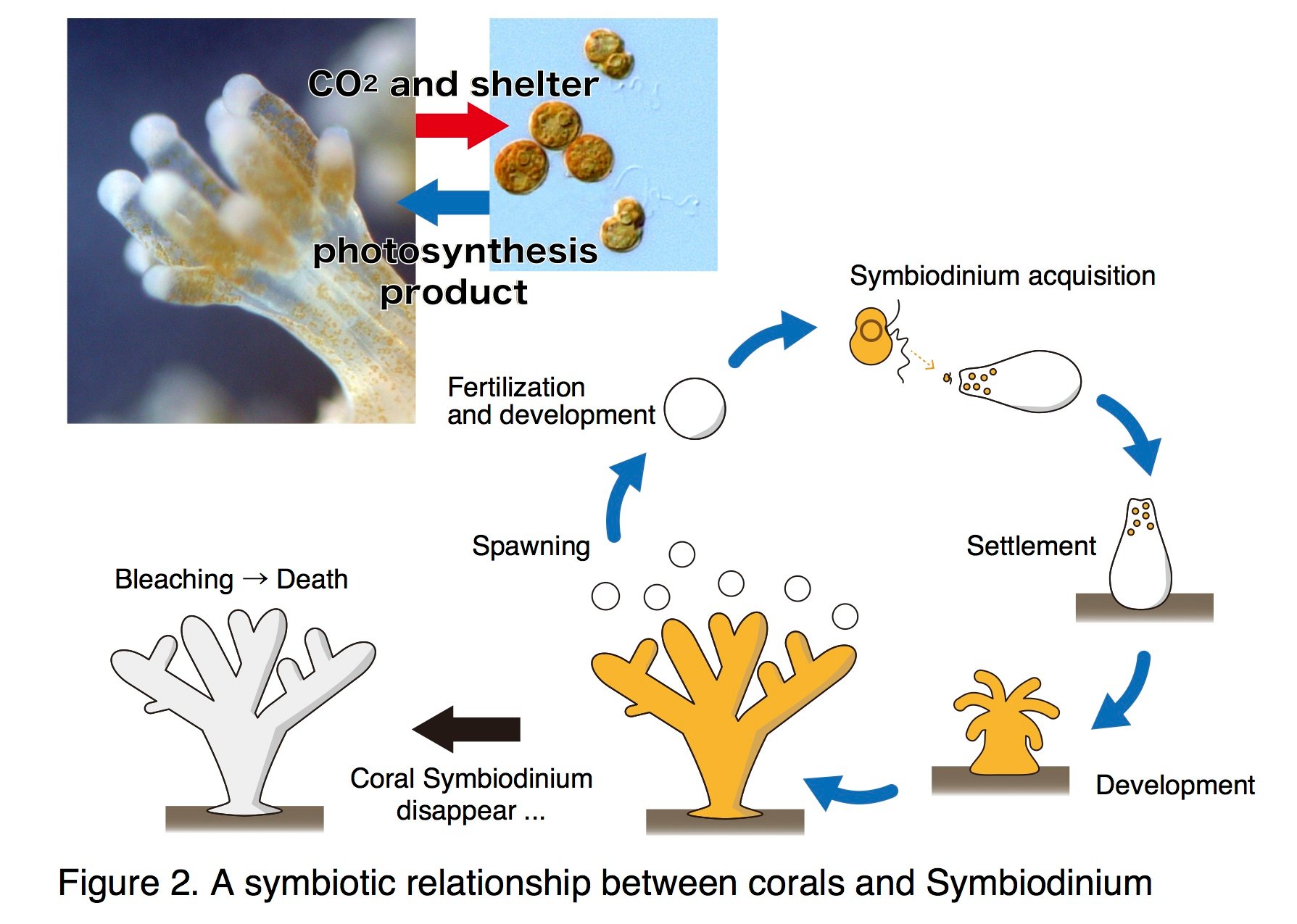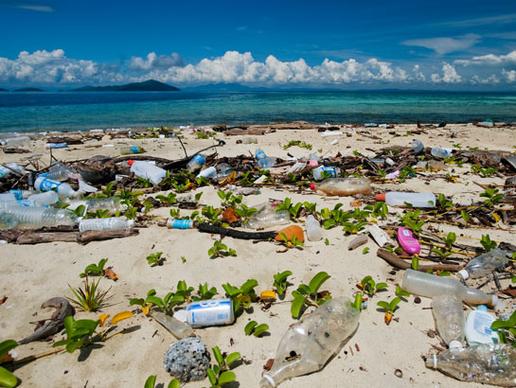Temp Expert, Wk 5: It’s great when the expert is your friend
I mentioned earlier that when I was assigned biodiversity that my mind immediately jumped to coral, and I credit this to the fact that my childhood friend (soon to be Dr. Sarah Gignoux-Wolfsohn) is studying White Band Disease for her dissertation. I got a chance to talk to Sarah last week and not only FINALLY learned how to pronouce xooanthellae (zoo-AN-thel-EE), but I learned a lot more about the dangers that coral reefs are facing but also the sense of hope and positivity that is present amongst most coral researchers.

We talked on the phone for over two hours. Sarah provided insights onto the current state of coral disease research. When it comes to determining the causes of coral disease, it’s really tricky. It could be viral, or rising temperatures, or both or dependent on the breed of coral or cade (also a new term for me) of xooanthelle. They have found a cade of xooanthelle that are very heat tolerant (the ones I mentioned in the Indian Ocean in my last post) so that gives scientists hope that coral reefs aren’t simply dying – they’re actually adapting to change and becoming more resilient.
Coming from an anthropology background, I was curious about how the coral depletion affected the local communities in Panama, where Sarah is doing her research. Sarah says that the entire fishery economy has shifted to the Pacific coast, though a few individuals still practice stab fishing. It takes at least 5 hours to cross Panama – quite the trek. Reminded me of how Maryland now imports a lot of their crabs from Louisiana since the blue crab population has significantly decreased in recent years.
Another interesting fact was that scientists didn’t know that there was such a thing as coral disease until the 1970s – within the lifetime of many scientists still doing research today. Also, the Smithsonian has a research center in Panama but within the past year most of its upper administration has been fired from getting mining kickbacks (mining runoff is a known cause of water pollution).
When I told Sarah about the global relations angle I was looking at, we discussed how the advent of colonialism brought modern forms of production…but it also brought plastic. I experience this when I was in Senegal – know one knows what to do with trash and recycling (unless it’s glass bottles, then they’re quite efficient). Sarah says that most people in Panama dump their trash at the beach or purposely throw it into the water. In fact, the water near the shore is so bad that researches have to travel by boat for over an hour to get to a coral reef that they can study.

I mentioned to Sarah that I was interested in incorporating plastic into my project and she told me that she actually did a project for her department’s open house where they made a coral reef out of plastic she had saved! Turns out Sarah is really interested in using art to educate people about coral reefs. She also reminded me about the project where they crocheted a coral reef, and gave me the name for the woman who initiated that project so I could get in contact with her.

Leaving the conversation, I have to say how amazed I was that I knew most of what Sarah was talking about – just a testament to the loads of research I’ve looked at over the past couple of weeks. I was also feeling much more positive than I had been and that’s really what we got to at the end: how you can have people feel like they have their own role to play in creating positive change and not overwhelming them with facts, figures. Sarah says she tries to use as little plastic as possible and when people ask her what they can do to help, she suggests they do the same.
EDIT: just found this cool video about using sculptures to artificially construct new coral reefs!
Underwater Sculptures Are Helping Rebuild Our Ocean's Coral Reefs
Underwater artwork is helping rebuild our ocean's coral reefs.
Posted by The Huffington Post on Wednesday, February 17, 2016